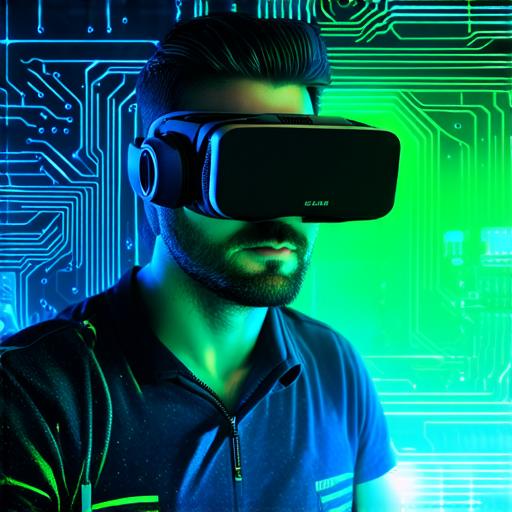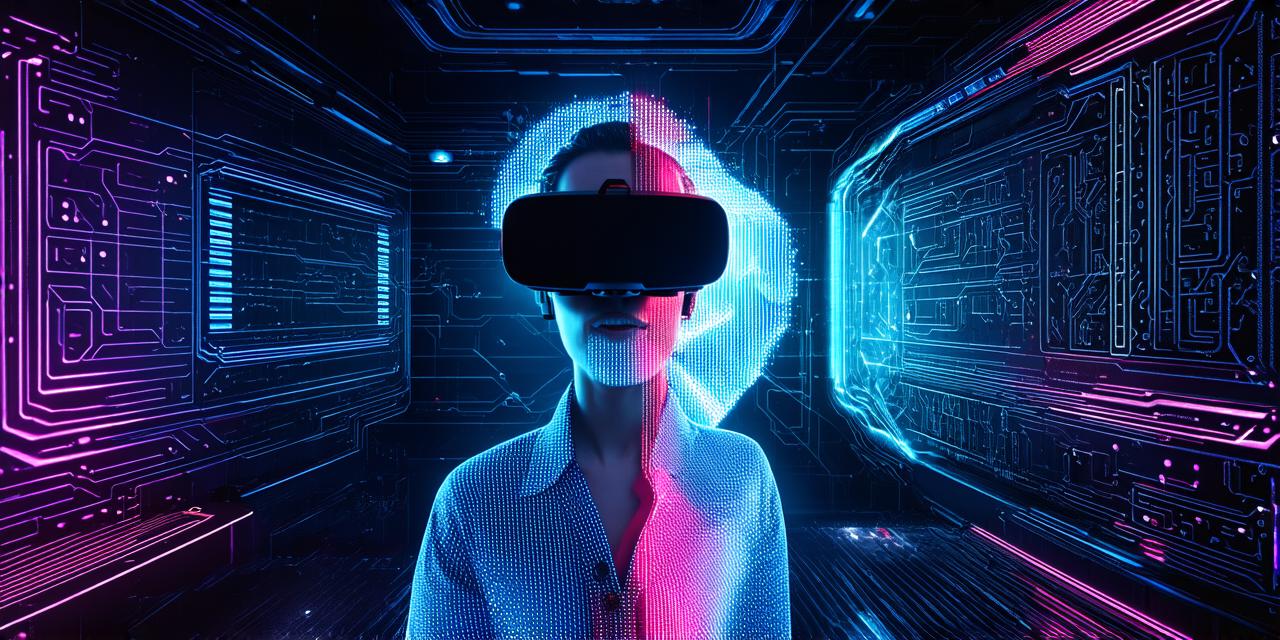Virtual reality (VR) is a rapidly growing industry that offers exciting opportunities for individuals looking for new challenges and experiences. However, working in VR can be quite different from traditional jobs, requiring a unique set of skills and traits to be successful. In this article, we will explore some of the necessary skills and traits for someone working in virtual reality.
1. Technical Skills:
Virtual reality technology is constantly evolving, and it requires professionals with technical knowledge and expertise to keep up with the latest developments. Some of the essential technical skills required for a VR job include:
Programming languages such as Unity, C, or Java3D modeling and animation software like Maya or BlenderUnderstanding of graphics processing units (GPUs) and their impact on performanceExperience with game engines like Unreal Engine or Source 2
1. Creativity and Imagination:
Virtual reality provides a platform for individuals to express their creativity and imagination. To excel in VR, one must have the ability to envision and design immersive and engaging virtual environments that captivate users. This requires a strong artistic sense, as well as an understanding of visual storytelling and user experience design.
1. Communication Skills:
Effective communication is crucial in virtual reality development. VR projects require collaboration between designers, developers, and other stakeholders. Therefore, it is essential to have strong communication skills to ensure that everyone involved understands the project’s goals and requirements. Good communication also involves being able to explain complex technical concepts to non-technical team members.
1. Problem-Solving Skills:
Virtual reality development can be challenging, and problems often arise during the design process. Successful VR professionals must have strong problem-solving skills to identify issues, troubleshoot them, and find creative solutions to overcome them. This requires an analytical mindset and the ability to think outside the box.
1. Attention to Detail:
Virtual reality experiences are highly immersive, and even small mistakes can significantly impact the user’s experience. Therefore, attention to detail is a critical skill for VR professionals. They must have an eye for design and be able to spot errors or inconsistencies that could negatively affect the user’s experience.

1. Adaptability and Flexibility:
Virtual reality technology is constantly evolving, and professionals must be adaptable and flexible to keep up with the latest developments. This requires a willingness to learn new skills and technologies quickly and a willingness to pivot when necessary.
1. Teamwork and Collaboration:
Virtual reality development involves working in teams, and it requires strong teamwork and collaboration skills. VR professionals must be able to work effectively with designers, developers, and other stakeholders to achieve common goals. They must also be able to listen to feedback and incorporate it into their work.
In conclusion, virtual reality offers exciting opportunities for individuals looking for new challenges and experiences. To excel in VR, one must possess a unique set of skills and traits that include technical expertise, creativity, communication skills, problem-solving abilities, attention to detail, adaptability, and teamwork. By developing these skills and traits, individuals can succeed in this rapidly growing industry and contribute to the development of innovative virtual reality experiences.
